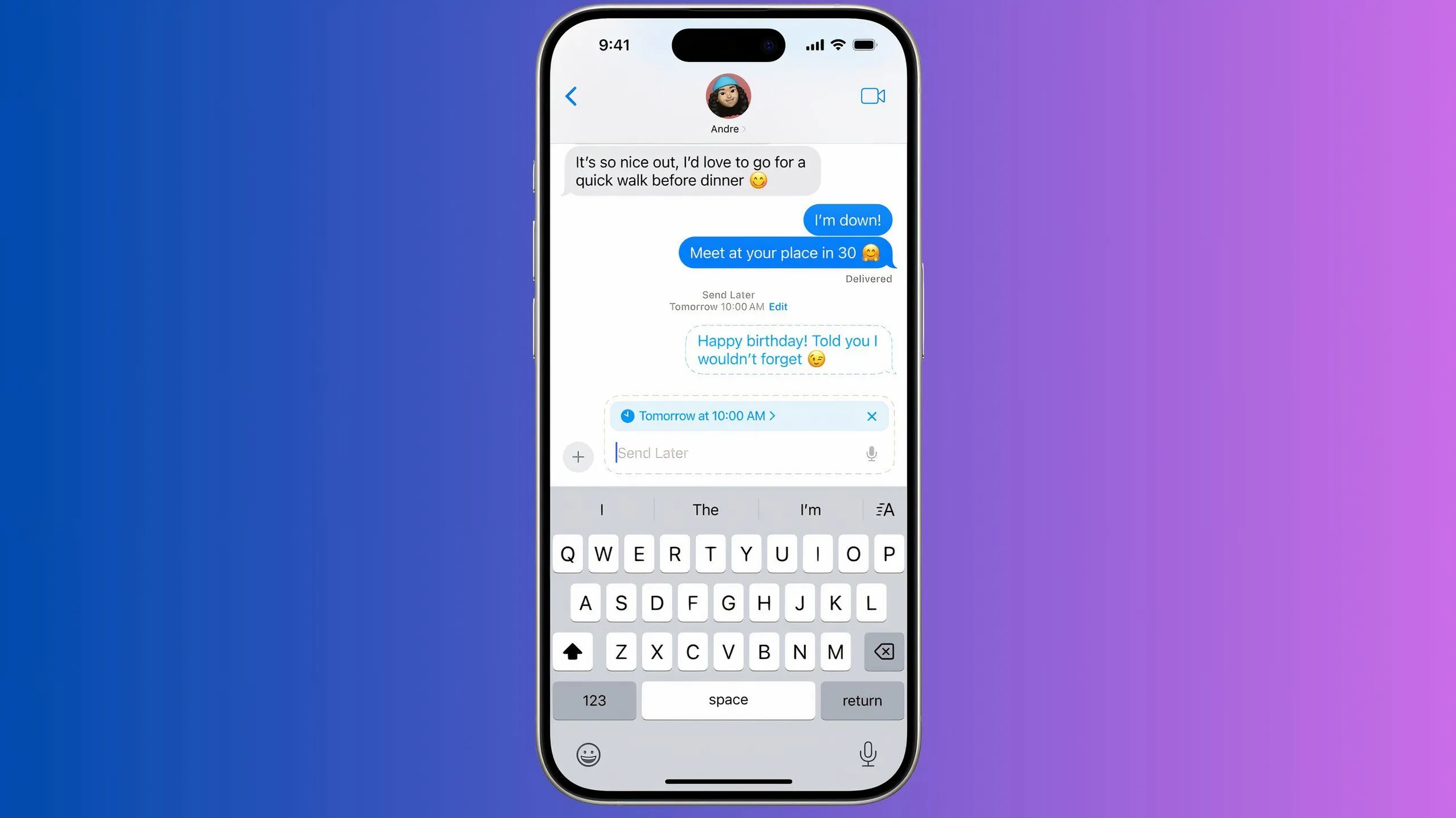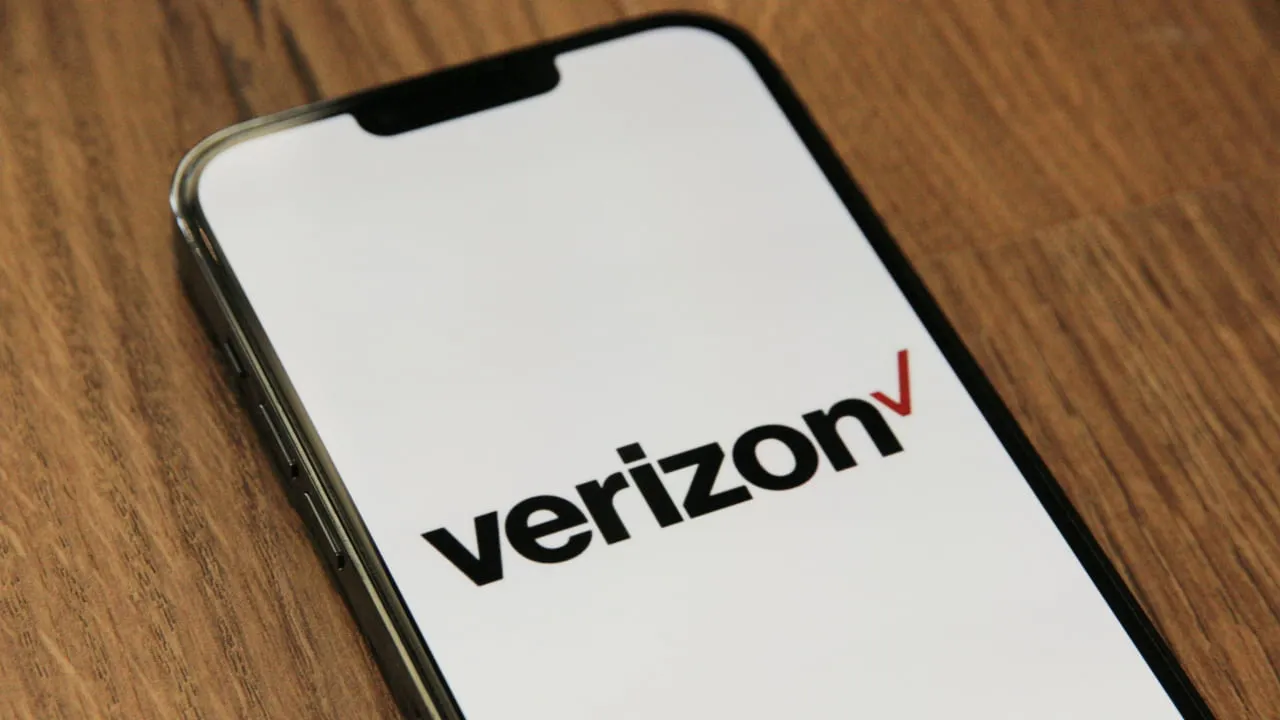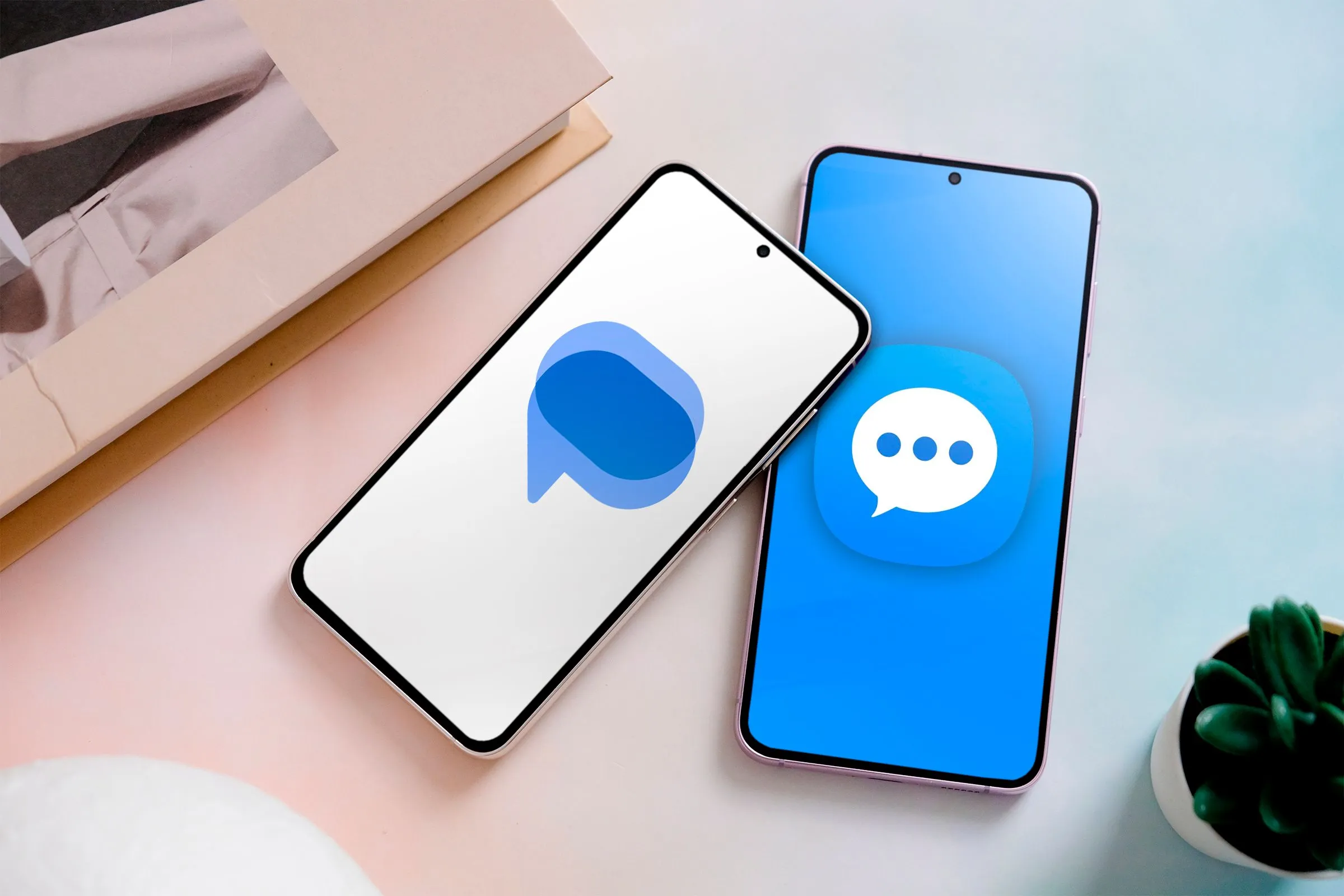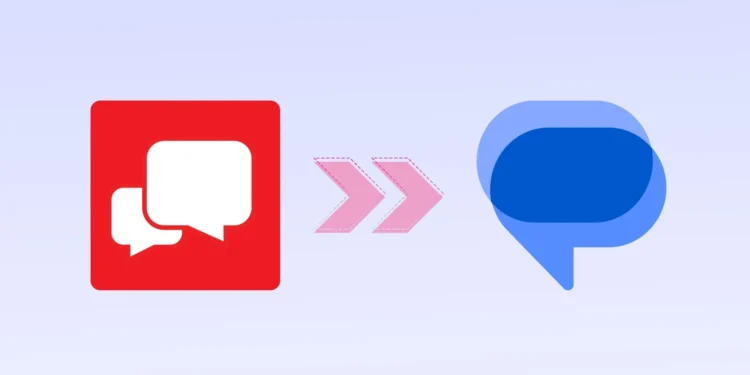Verizon has officially discontinued its Message+ application, directing Android users to transition to Google Messages. This strategic shift, however, has been met with mixed reactions from the Verizon customer base, many of whom have expressed dissatisfaction with how the transition was handled.

User Frustration Over Inaccessible Messages
Despite Verizon’s assurances, the transition has been rocky for some. On social media, customers have voiced their frustrations about losing access to their messages until they manually switch to a new messaging app. Our tests confirmed that a full-screen popup in the discontinued app informs users of the shutdown and blocks access to all existing messages until they switch to Google Messages. The pop-up includes a “Switch now” button, which is supposed to facilitate the transition. However, reports indicate that this button does not always perform as expected, leading to confusion and missing messages—a situation some users attribute to a bug or user error. The frustration is compounded by the need for users to not only install Google Messages but also select it as their default SMS application, a step that is not immediately clear from the “Switch now” prompt.

Navigating the New Messaging Landscape
For Verizon customers, adapting to Google Messages involves more than just installing the app; it requires familiarizing themselves with a new interface and functionalities. This move aligns with a broader trend in the telecom industry to standardize messaging apps across platforms, likely aimed at improving interoperability and streamlining updates and security features.
Despite the bumps along the way, the shift to Google Messages promises several enhancements, including richer media sharing and better integration with other Google services. Verizon’s recommendation to switch to Google Messages underscores its commitment to leveraging existing robust platforms to deliver modern messaging experiences to its customers.

Looking Forward
As the dust settles, Verizon customers adapting to the new messaging system can expect a period of adjustment. While some may reminisce about the features of Message+, the potential benefits of a more unified messaging ecosystem with Google at the helm could redefine their messaging practices for the better.

In conclusion, the end of Verizon Message+ marks a significant shift in Verizon’s messaging strategy, driven by broader industry trends towards standardization and enhanced communication technologies. While the transition has had its challenges, the move to Google Messages opens up new possibilities for Verizon’s Android users.










